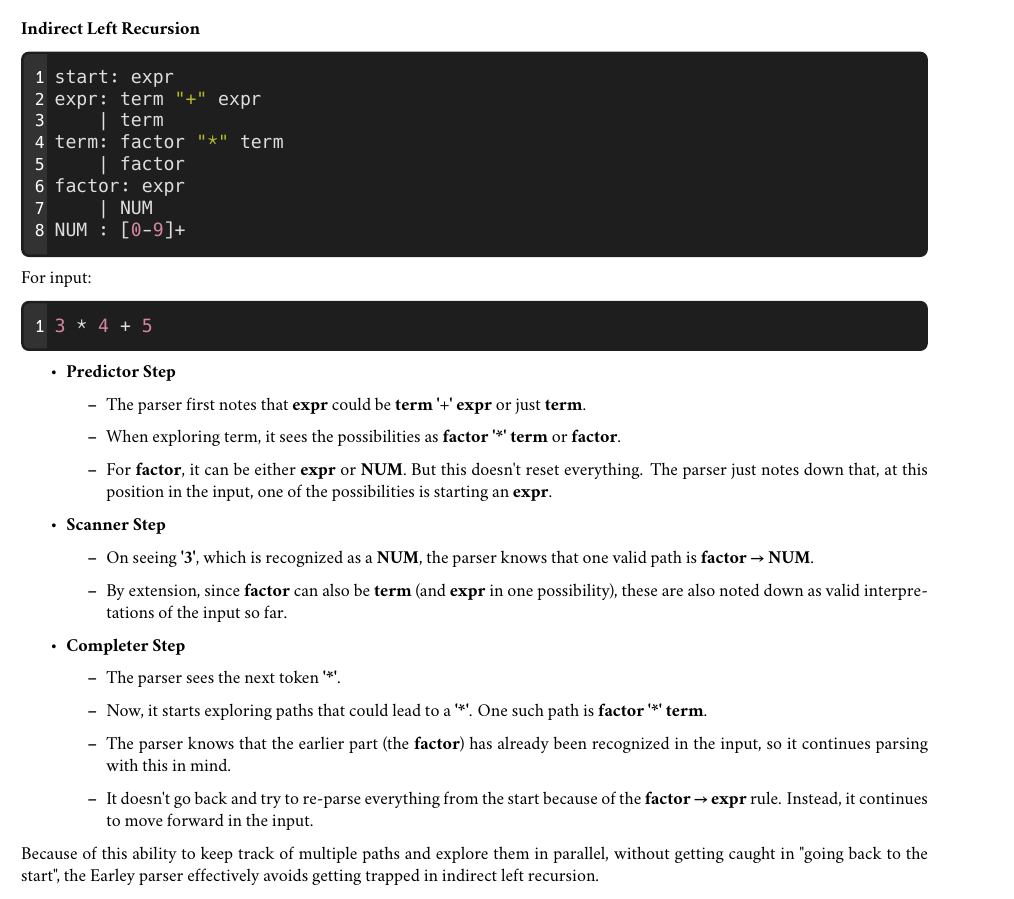

Not necessarily, you still need backups or snapshots especially on home directory in case software have a nasty bug like deleting your data.


Not necessarily, you still need backups or snapshots especially on home directory in case software have a nasty bug like deleting your data.


Yup and I am getting sick of hearing this even on Arch Linux. Like, mofo, you could literally run a snapshot or backup before upgrading, don’t blame us if you’re yoloing your god damn computer. Windows have exactly the same problem too and this is why we have backups. Christ.
On my Arch Linux Install, I literally have a Pacman Hook that would forcibly run backup and verify the said backup before doing a system-wide update.


That one was an old documentation that some of the Chinese folks actually document a lot of quirks related to X11 protocol. I paid about $6000 for translator to work on translating that doc to English and I use it to build my own GUI Toolkit on Linux that I still use to this day.


How it really works:
mpf_t temperature;
It’s arbitrary sized floating precision number provided in LibGMP and you can find more information about mpf_t here.


Oof, sorry. :( I had hoped that they sorted it out by then…


Maybe try installing swiftshader?
Yep, and if open source licensing could be revoked on a whim, you can imagine the chaos that ensued. That would be my understanding as well, old version that have MPL license is perfectly fine to fork off, newer version might not be as it is under a different license. One of the reason why I liked Apache License is that it have make it explicitly clear that it’s irrevocable whereas MPL it is operating on an assumption that it’s not revocable. The most fundamental problem with the legal system in USA is that no law is “set in stone” and leaving things to assumption is open to reinterpretation by the judge who may have sided against you. (Hell, Google vs Oracle on Copyrighted API is still on case-to-case basis, so take it as you will.)
Disclaimer: I am not a lawyer. I just share what I learned from Legal Eagle youtube and few other sources.


I would spend it on language translation basically, paying someone to translate international documentations on things that aren’t documented in USA no matter where you look.


It’s incredibly difficult task to master/learn an old technology or an old concept that aren’t documented well. For an example, parser algorithms are very well known for being too verbose and unnecessarily over-complicated in documentation, if you ask anyone you know in the programming community, for the next 100 people, they wouldn’t know how to implement LALR parser or Earley parser even if they graduate from university with a computer science degree.
One of the way I use to learn a concept is writing a full manual of it in LaTeX in a way that I am explaining every single aspect of it to a layman and how it can be implemented in every way as well as providing examples in C code forms. It’s a bit interesting that you sometime learn better by trying to teach it to a made up audience when writing a manual.
Example page from a book I’m current writing in rough draft:



I think it’s asinine to ask the developer who contribute to your project, literally taking the time of the day writing the code and submit PR to your project, to pay money to you.
I wouldn’t even bother contributing to the project at that point.


This is not the first time it happens with Dotnet Open Source packages, there are some pretty funky things going on namely:
Imagesharp (They re-license from Apache 2 to something like Community/Commercial licenses and threw a huge fit over it)
Fody (It expects the software contributors of Fody to be a patron.)


Yep, biggest reason why I chose C language is Foreign Function Interface. Code you write for C is more than likely to be usable in just about any other languages.
I would most likely be using C11 for threads.h and stdatomic.h for foreseeable future, the problem with using the latest and greatest standard is the risk of compiler not supporting it, so I would likely wait at least 5 years before switching to C23 sometime in 2028 or 2029. There was a bit of a controversy around optional bound checking in C11 that they end up removing/deprecating it, I am sure C23 would have something going on.
I don’t plan on using #embed or constexpr in favor of maintaining common C programming practices, language familiarity is still an important factor to thriving project as much as people nag on me to rewrite everything in Rust or C++.


deleted by creator


deleted by creator


Because code that they released to public are usually MIT licensed like Dotnet Core Runtime. They just have a long history of hating GPL licensed software.
Sure until you can’t with flatpak. Flatpak does not safeguard against system binaries and there are always risks associated with that.
Honestly I think I am going to move on from Programming.dev, it’s filled with script kiddie like you. Good lord.
Fuck y’all. Good evening.